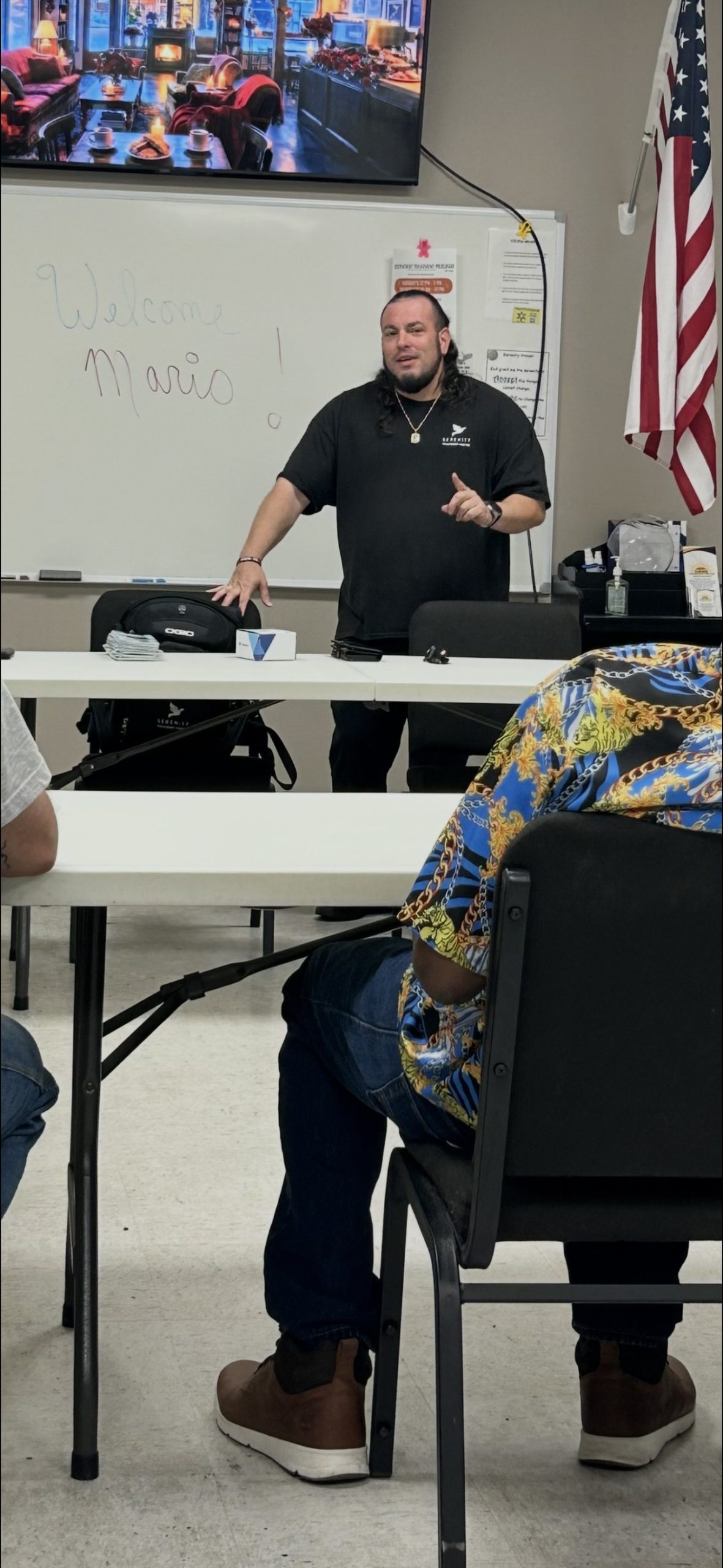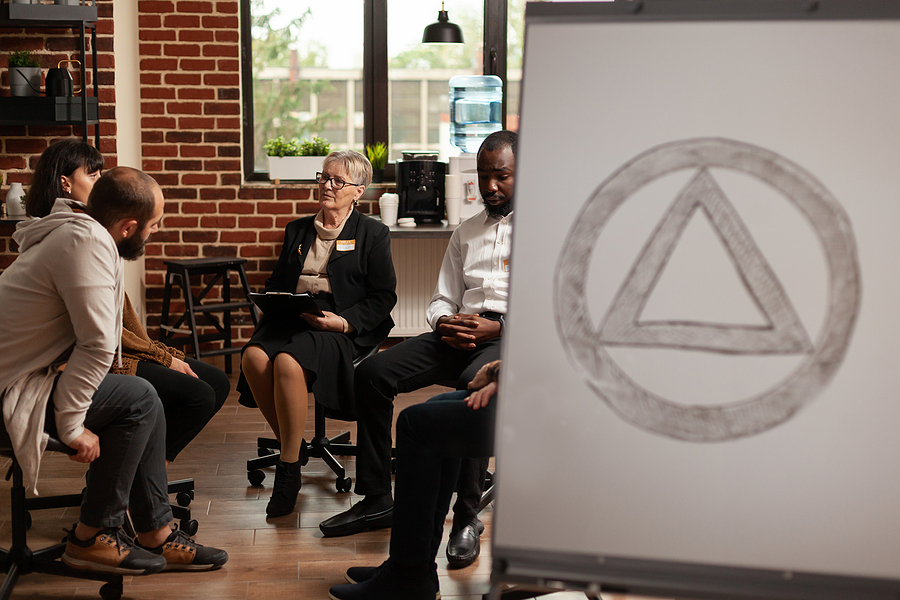Completing a rehab program marks a major step forward. Life after treatment demands focus, structure, and continued support. Wondering where do people go after rehab? You now face a new phase where every decision you make shapes your recovery. Exploring next steps helps you find direction and build stability.
Common Next Steps After Completing Rehab
Many people return to daily life with a plan to rebuild. You may decide to find work or pursue education. These choices create structure and purpose. They fill time and give you goals beyond sobriety.
Support groups such as Alcoholics Anonymous offer consistent encouragement. Attending meetings keeps you grounded. Therapy helps you work through challenges that surface during recovery. Triggers, stress, and cravings no longer feel as heavy when you have people guiding you.
Building friendships with sober peers helps you stay accountable. The recovery community welcomes people who want to live better. You grow stronger by showing up and helping others do the same.
Some people enter aftercare programs. These programs include therapy, group sessions, and regular check-ins. You strengthen coping skills and stay focused on progress. A plan with steady support reduces risk and builds confidence.
Work, school, therapy, and community all contribute to shaping a life beyond rehab. Every piece adds stability. Each choice leads you further from your past and closer to the future you want.
Why Recovery Support After Rehab Matters
Ongoing support keeps you from slipping back into old habits. You gain tools that help you face daily stress and avoid relapse. Leaving a structured rehab center can feel like a shock. Support bridges that gap.
You feel less alone when surrounded by people who understand your journey. Group meetings provide a space for you to discuss and share your thoughts honestly. You speak freely and listen without judgment. That connection can feel more powerful than therapy alone.
Routine builds confidence. Showing up for meetings, talking through setbacks, and hearing others’ progress keeps you focused. You learn by listening. You teach by sharing.
Accountability matters. When others expect to see you, you show up. When you fall, people notice. Support doesn’t fix everything, but it reminds you that others care.
How Sober Living Homes Support Long-Term Success
Sober living homes give you time to adjust. These places stay drug-free and expect you to follow the rules. That structure keeps you steady while you work, go to school, or rebuild your life.
You join others who share the same goal. Everyone in the house works to stay sober. That common purpose shapes the tone of the house. You handle chores, follow curfews, and take responsibility. These tasks may seem small, but they add up to real progress.
Living with sober peers helps you avoid isolation. You talk to people who understand what recovery feels like. You celebrate small wins together and work through hard days without shame.
Many homes connect residents with support groups. Attending those meetings reinforces good habits. You build skills and community while still enjoying some independence. These homes give you a safe step between rehab and full freedom.
Creating a Personal Recovery Plan After Rehab
A recovery plan keeps you on track. You make goals, write them down, and stick to them. Plans work best when they stay simple.
Start with the basics. Set a schedule. Choose people to contact when things get hard. Mark dates for therapy and group meetings. Add goals that help you grow beyond recovery, such as exercise, work, or hobbies.
Avoid triggers. Write a list of things, places, or people to stay away from. Replace them with healthy options. Know your risks and have a plan.
Meet with a counselor regularly. Talk about what works and what doesn’t. Keep adjusting. Plans grow with you.
Include joy in your plan. Life after rehab can feel heavy. Balance that weight with activities you enjoy. Art, music, hiking, reading—do what helps you feel present. These outlets keep you grounded.
Resources That Help Maintain Sobriety
Support groups help more than anything else. Alcoholics Anonymous and other meetings give you a safe place to speak and listen. These meetings happen in person and online. You can find one that fits your schedule.
Therapists trained in addiction support long-term progress. They offer tools to manage stress, mental health, and personal growth. Some rehab centers offer ongoing counseling for former clients.
Online resources offer another layer of help. Podcasts, books, and courses teach recovery skills. Use them to keep learning. Share your favorites with others in your support circle.
Stay close to sober friends. Make plans with people who help you stay focused. Say yes to group hikes, movie nights, or coffee. Small events keep loneliness away.
You control what happens next. The right tools give you the power to keep going.
Contact the Serenity Treatment Center of Louisiana for Help
If you need help after rehab, contact us. Wondering where do people go after rehab? We provide aftercare that fits your life. Our team works with you to build a plan that supports lasting sobriety.
We offer therapy, support groups, and check-ins. Every step we take together strengthens your recovery. We listen to what works for you. We guide you without judgment. Contact the Serenity Treatment Center of Louisiana by calling us at (225) 361-0899 or filling out our online form.










